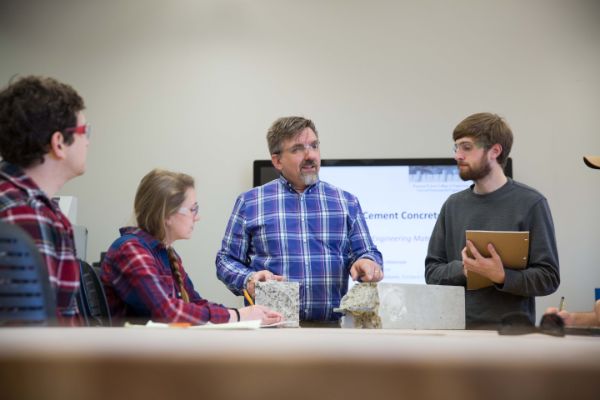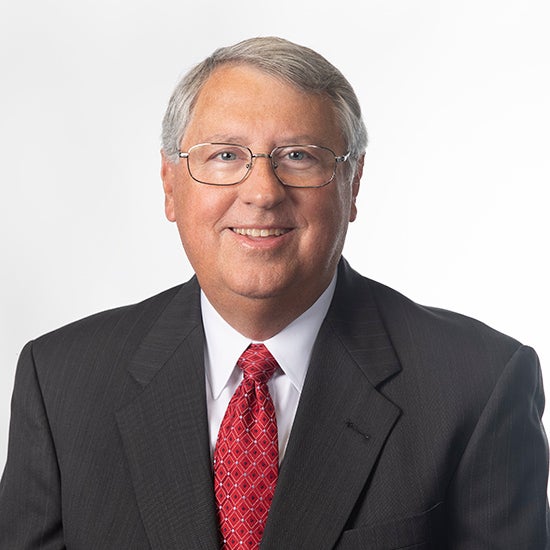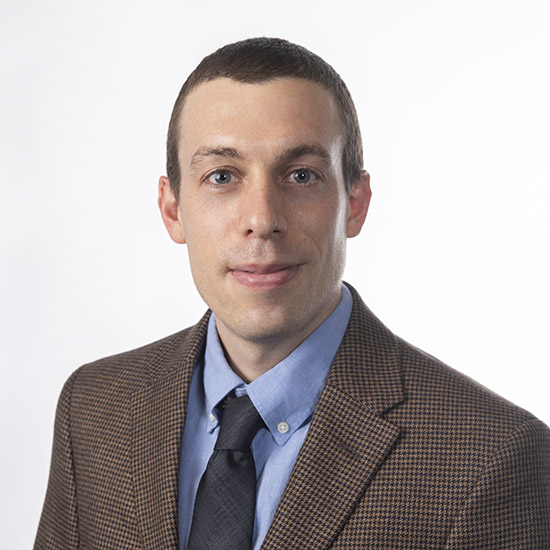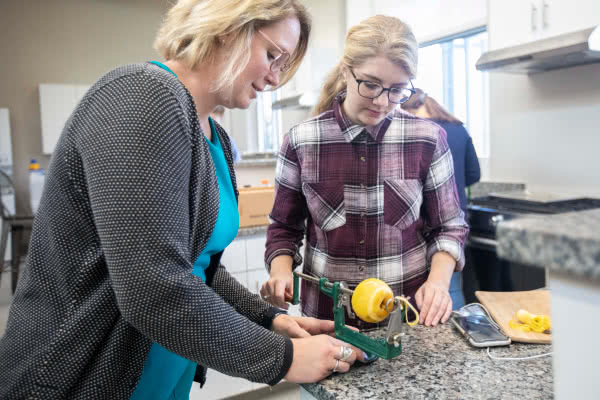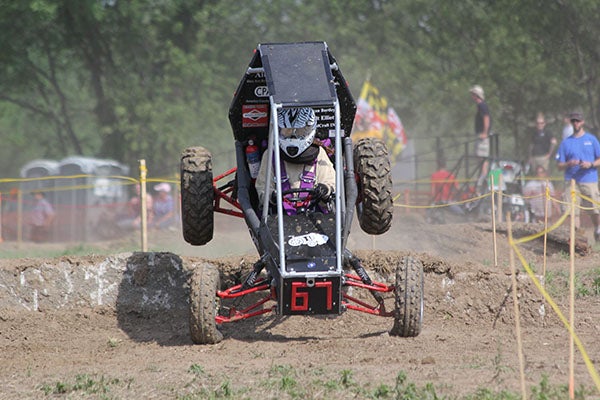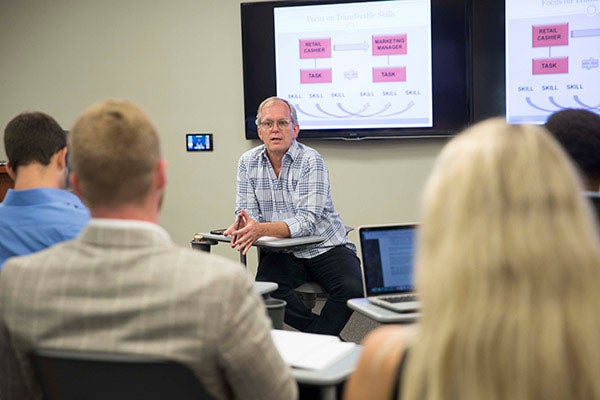Program Overview
Building: it’s what civil engineers do. Skyscrapers, bridges, roads, fresh water systems and wastewater treatment plants are all designed and constructed with the input of civil engineers. This process, though continually evolving, is one that has been revered since ancient times, and engineers remain a cornerstone of society.
Study everything civil engineering encompasses: structural, environmental, geotechnical, hydraulic and more. Hone the technical skills of design and construction in our brand new building, Fields Engineering Center. Our elite faculty and collaborative foundation will provide the landscape for you to thrive in our rigorous program.
Even more importantly, you will learn how to learn — all that we do is designed to prepare you for the life-long learning that will sustain you through a professional career filled with technological advancement. You’ll leave this place with valuable skills and join your peers studying in top-ranked graduate programs or working for some of the world’s best companies.
Our program is ABET-accredited.
Courses
Job placement rate
Our Faculty
Career Paths
Civil Engineers
Civil engineers conceive, design, build, supervise, operate, construct, and maintain infrastructure projects and systems in the public and private sector, including roads, buildings, airports, tunnels, dams, bridges, and systems for water supply and sewage treatment.
Health and Safety Engineers
Health and safety engineers develop procedures and design systems to protect people from illness and injury and property from damage. They combine knowledge of engineering and of health and safety to make sure that chemicals, machinery, software, furniture, and other products will not cause harm to people or damage to property.
